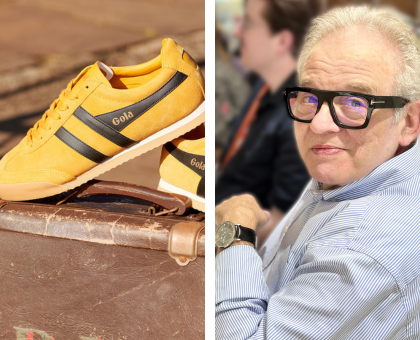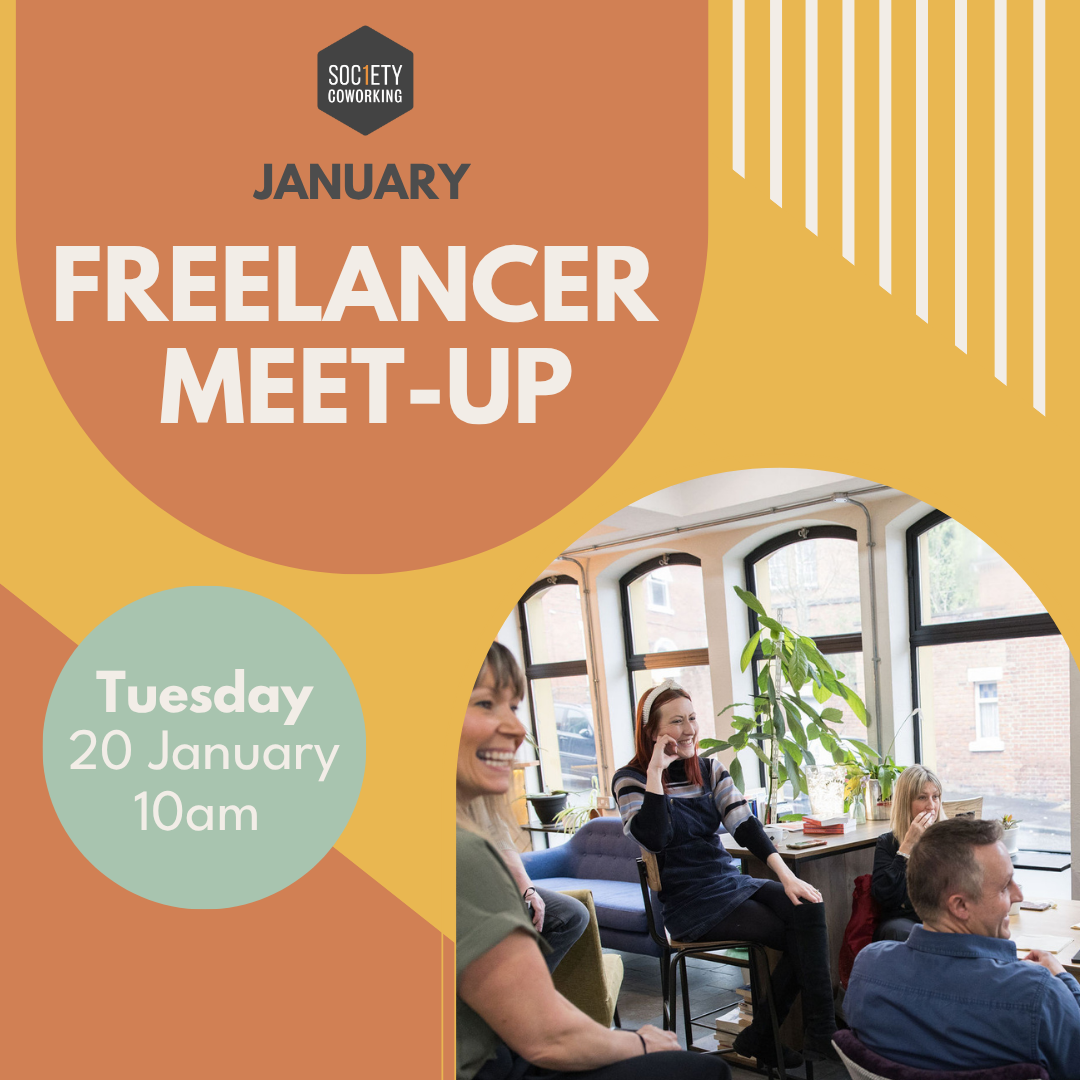With the support of the Department of International Trade we invited an expert panel of Lancashire exporters and experts to Accrington Stanley FC to examine the challenges facing the county’s exporters and barriers preventing more businesses from looking overseas - and how they can be hurdled.
The Panel
Hakeem Adebiyi – chief commercial officer, Hegenberger Medical
Tony Grimshaw – director, What More UK
Lynne Gillen – Lancashire export manager, Department for International Trade
Graham James – director, Flexcrete Technologies
David Lenehan – managing director, Northern Industrial
Bev Mullin – deputy head North West Region; Northern Powerhouse, Department for International Trade
Matthew Rose – executive director TankSafe UK
"With regards to new exporters, it is a confidence thing and understanding different markets and what they can offer. It is choosing your market correctly."
Bev Mullin, deputy head North West Region; Northern Powerhouse, Department for International Trade
The EU exit is a big challenge for establis
hed exporters, with all the new rules and regulations. There is a lot more to it than there used to be when it comes to exporting to Europe.
With regards to new exporters, it is a confidence thing and understanding different markets and what they can offer. It is choosing your market correctly.
It’s also knowing what is available from the DiT, what we can offer, such as the Export Academy, our embassies overseas and international trade advisors offering one on one support for companies.
We have funding available such as the Export Support for Internationalisation Fund and Lancashire companies should definitely sign up for that because there’s lots of money available.
There are a lot of things available from DiT that people don’t necessarily know about.
We also have export champions, they are the people that have been there, they’ve done it and they have got the stories. They are there to be used and we’ve got about 150 across the North from every sector.
Speak to us, get in touch with your trade advisor and then speak to an export champion. We have knowledge that can be tapped into to find out how easy it is to export. We had a tagline a couple of years ago, ‘If we can, you can’. That still stands.
"You can do it really cost effectively. We started with a £10 a month website."
David Lenehan, managing director, Northern Industrial
We’ve opened an office in Germany, which was a reaction to get around some of the problems we were facing with regards to exporting within the EU.
Fifty per cent of our business is export and of that, 50 per cent is EU. There were some unique challenges with the changes brought about by Brexit, with suppliers not wanting to deal with us, customers choosing to buy from other European countries.
We’ve opened Germany as a hub to get around these issues. A lot of our products need to be in the country the same day or the next day.
We have an understanding about what paperwork is required but suppliers don’t. We’re trading internationally every single day but if you want to buy something from a company that isn’t, they don’t have the processes and procedures in place.
Previously, if you were selling to France, you just stuck it in a box and that was all you had to worry about. Now you’ve got additional paperwork. If you’ve had the training that’s alright but a lot of businesses haven’t.
We’ve also had problems with shipping. When it comes to paying duties up front for the customer, we have put systems in place, but we are still having problems.
Those things will get easier as people become more aware. It’s not been that long really, and we’ve also had the pandemic. Over time we’ll all get used to it, but in the meantime, we’ve had to go down the Germany route because we were losing too much money.
Rules of origin is another challenge. We specialise in refurbished spare parts and have 220,000 different items on our website. It’s difficult, a lot of the stuff is 30 years old and we’re trying to find out where it came from. Some of the parts we’ve got come from countries that don’t exist anymore. Getting clarity is a real challenge.
We also opened an office in Mexico during lockdown. We knew we had a large demand from both North and South America. We spoke to the DiT and went through a few different countries and narrowed it down.
It was an opportunity. Covid made us reassess what we did as a business, how we operate. Setting up isn’t as difficult as you think really. It is easy to get started if you want to.
As an exporter we’ve shipped to Antarctica and to diamond mines in Africa. You’d never imagine you’d be doing that, it’s part of the fun and it’s achievable.
My advice to anyone thinking about exporting is just do it. You can overcomplicate a lot of things.
When it comes to your website look at your analytics report and see which countries are coming onto it. If you’re getting a lot of traffic from the US, that’s a good place to start.
If you’re selling to consumers there are things like eBay, Google Shopping, you can use Amazon warehousing. You can do it really cost effectively. We started with a £10 a month website.
"If you are going to ‘put boots on the ground’, pick your countries wisely in terms of payment and demographics and understand the culture of the place you are going to."
Hakeem Adebiyi, chief commercial officer, Hegenberger Medical
The biggest challenges I’ve seen are around Brexit. If you are a business doing a lot of international trade outside the EU, you are used to filling in forms and all the regulatory stuff. That puts you in a lot better position. But it has still been a massive challenge.
The bigger challenge has been keeping distributors happy. They are upset because there are so many regulations.
If something has been stuck in a port, they start thinking, ‘Why can’t I get this from somewhere else?’
I’ve been speaking quite regularly to the DiT and those conversations have been invaluable.
Generally, I would turn to the DiT when I’ve got a challenge with exports because I know they’ve got expertise that can be utilised.
The success of businesses like this depends on having good distributors in the countries you are exporting to.
During the pandemic, because you couldn’t travel, you had to change the way you did things and that meant a lot of digital stuff.
One of the biggest challenges we have is from Chinese manufacturers, and they are not really interested in exporting outside China at the moment because of the cost of shipping.
Your digital footprint nowadays is so critical. And if you are going to ‘put boots on the ground’, pick your countries wisely in terms of payment and demographics and understand the culture of the place you are going to.
Do your homework and get external support. We’ve used DIT support as we’ve looked find distributors. They are your representatives in that country. If you get the right on you will fly.
"On one trip we did three countries on four continents in six days. There are some nice perks, you see great places and meet nice people but there are some long, long hours involved."
Matthew Rose, executive director TankSafe UK
We export fuel security devices and we’re seeing huge opportunities both in the UK and overseas.
We don’t have a huge market in the EU, but Brexit certainly hindered us. We are in this world where people want things immediately.
People have been used to dealing with us without the need for any documentation or EORI numbers.
Suddenly it is taking two to three weeks. They’ve got to supply their customer who won’t wait that long, so that is a challenge.
Other challenges that we are facing are sourcing materials and the rising costs of all elements. Our products are made from aluminium which is so volatile, and the price is rising and rising.
There’s a knock-on effect on everything, such as packaging. It’s all adding up; trying to get the materials, keeping the prices reasonable and not passing too much on to the customer. Transit time is another big issue.
Exporting is fun and you make great relationships and meet people you wouldn’t have if you didn’t export.
The first time I ever met our distributer in Australia I was out there for the Ashes. I ended up at his house on Christmas Day and met his family. We have now struck up a friendship. That’s a big thing for me.
It is as easy to export now as it has ever been. In our business we need to go out and sell to people. They need to see the product and touch it and understand the elements.
On one trip we did three countries on four continents in six days. There are some nice perks, you see great places and meet nice people but there are some long, long hours involved.
My advice those looking at exporting is to get your digital footprint sorted. The world is small place now, you’ve got social media, your website. If you have a .com website and start putting content out there, who knows who is going to see it.
We got an inquiry from Georgia, a country we’ve never supplied to before. It’s not a target area of ours but they found us because they saw something that was shared by someone on LinkedIn and someone else commented on it.
"For new exporters one of the key things they need to keep in mind is getting paid. If you’re starting out, go where your money is going to be fairly secure."
Graham James, director, Flexcrete Technologies
We manufacture a range of construction chemicals. It’s protection from the aggressive elements in the environment, so really there are opportunities on a global scale. Wherever there is concrete, which is everywhere, there is opportunity.
I’ve been exporting this type of product for more than 40 years and I’ve seen lots of changes. Today everything is available digitally, the world is really just a village.
I don’t want to sound like the ticking of a cheap clock, but Brexit has been absolutely horrible for us.
There are additional complexities in our business as our products require CE-Marking, which show factory production control has been awarded and certified by an independent notified body, which in the UK is the British Standard Institute.
That was all fine until Brexit. While the UK agreed to follow common standards, there was a failure in the trade agreement to adopt mutual recognition for these standards.
In the run up to the exit, businesses like ours that require CE Marking as a legal obligation transferred our governance from a UK notified body to one in the EU. We chose one in the Netherlands, which all sounds straightforward.
However, because of the failure to get mutual recognition we also required the CA Mark, the UK equivalent of the CE Mark. It gets further complicated because the European authorities are refusing to accept certain test certificates produced by UK test houses, particularly regarding fire performance.
The net effect meant we are spending a very considerable amount of money having to re-test products to put them back on the market, around about £150,000 of unbudgeted expenditure.
All the test work and all the background work that has to go into this also dilutes our capacity, because we are using our technical resources and people to get us through these challenging times. That prevents us doing essential R&D to drive the business forward.
Opportunities are being missed as a consequence. At the same time, with Brexit, we’ve lost business with customers in continental Europe.
There are greater challenges than there used to be. But for new exporters one of the key things they need to keep in mind is getting paid. If you’re starting out, go where your money is going to be fairly secure, and one of the key places for that is Germany.
I’d say to would-be exporters fortune favours the brave, but don’t be starry-eyed and don’t expect it to be easy. Get advice from as many sources as you can, from existing exporters and the services that are there to help and don’t be afraid to ask for that advice.
If you’ve got something that is really good that you want to promote into the market and you want to ambassador’s residence to host a function, then ask them.
Also make sure your messaging is crisp, clear and that the receiving party understands it.
"Confidence is important in exporting. Go in with a mindset that everything we manufacture in Lancashire and all the services we offer are exportable, and challenge yourself to be proven wrong."
Tony Grimshaw, director, What More UK
We prepared very well for Brexit. We used the DiT and the chamber of commerce. We used a lot of people.
We developed the management we had to meet the challenges. And we are not frightened to put our hand up ask for help. It is about letting the people achieve their potential and they have done that.
However, there are things you can’t legislate for the individual customs officer, operating under their own steam, who pulls you for using the wrong shade of black ink or not having a full stop in the right place. That’s the frustrating thing.
It’s not too bad for us, our products don’t go off. But if you’ve got a trailer full of cabbages, something with a date on it, it can cause you a lot of problems.
There are things that crop up and it’s then about managing them. There are some things you can’t manage, and you just have to take that on the chin.
Exporting allows you to be more resilient. There are a lot of benefits to exporting. It builds your performance levels.
You also get a kick out of getting an order. It’s great to get an order from Tesco, but to go to France and get an order from Carrefour or Leclerc, that is something.
Sales in our own home market have done very well because of the rising costs of containers shipping in products from places like China.
Before the pandemic the cost of a container was about £4,000, it rose to around £18,000 and is still around the £16,000 mark.
Confidence is important in exporting. Go in with a mindset that everything we manufacture in Lancashire and all the services we offer are exportable, and challenge yourself to be proven wrong.
"The pride and excitement exporting brings into your company really translates into your staff."
Lynne Gillen, Lancashire export manager, Department for International Trade
My aim is to get more Lancashire exporters, either exporting for the first time or increasing their footprint.
I’ve started an international trade working group trying to look at the issues. The main focus has been the internationalisation strategy and export plan for Lancashire, which is still in approval stage with the LEP.
A lot of work has gone into it to look at the issues and challenges and how people can overcome them.
I understand everyone’s challenges and hear them on a daily basis, things like VAT and Rules of Origin, compliance and conformity.
There a lot going on to address these situations. Things like the free trade agreements will be important.
Free trade agreements have been negotiated, it’s whether the companies will actually take them up.
If you look at the league table, even when we were in the EU, and how many companies used trade agreements, the UK features quite low. It is a question of communicating the benefits to companies.
It’s also about the support that is available, and it is not just us. When you look across at each of the issues there is somebody there who can help. There are not many gaps.
The chambers of commerce are doing an amazing job in Lancashire and are really active with exporters.
The challenge for Lancashire is do we need a Lancashire brand or do companies overseas actually care where the company is from?
To me, we need that support, that push. The LEP are totally committed to the strategy, the local authorities are really behind it as well. They see exporting adds to economic growth.
There is massive passion behind it, to get things moving and to give help where we possibly can.
The pride and excitement exporting brings into your company really translates into your staff.
A lot of companies have been in survival mode recently and not really looking at the opportunities. The ones that have been are the ones that are thriving. Be bold, be brave, be ambitious about it.
You also need to do as much research as you possibly can. We’ve all got access to so much information now.
We can offer as much support as possible but it’s still that mindset that needs to change in some businesses.
We’ve got an incredible heritage in Lancashire, but we are not sitting back. We’ve got some innovative products and in the companies that I work with you see that determination, there is nothing too difficult.
We’ve also got some brilliant assets like the AMRC and Made Smarter and Boost, use them. There’s a lot of help out there.
Want to know more? Please see below for links to extra information:
Export Support Service - www.gov.uk/ask-export-support-team
Europe Trade Hub - https://www.britishchamber.cz/dit-europe-trade-hub/
Enjoyed this? Read more from Lancashire Business View

















